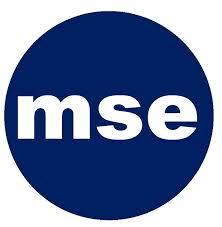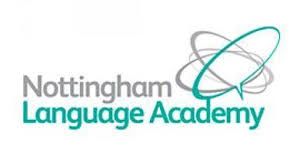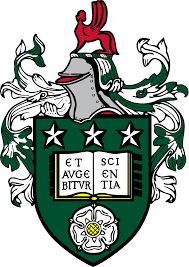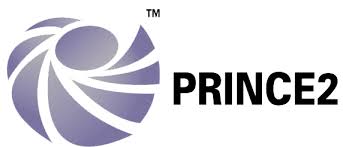Performance management and coaching are crucial elements in achieving organizational success. They serve as the foundation for cultivating high-performing teams, enhancing employee development, and achieving long-term organizational goals. Effective performance management goes beyond simply evaluating individual contributions; it involves creating an environment that promotes continuous improvement, aligns personal and professional growth with business objectives, and fosters a culture of accountability and achievement. Coaching, on the other hand, plays an essential role in helping individuals unlock their potential, overcome barriers to success, and develop the skills needed to perform at their best.
In a rapidly evolving workplace, performance management has moved from traditional annual reviews to a more dynamic, ongoing process. This modern approach requires leaders and managers to adopt new skills and strategies for managing performance effectively. It involves setting clear expectations, providing regular feedback, and maintaining open channels of communication. Moreover, it emphasizes the importance of recognizing and addressing performance issues early on, rather than waiting for periodic evaluations.
Coaching, when integrated with performance management, enhances the ability of managers to guide employees through challenges, provide constructive feedback, and develop specific skills. Effective coaching is not just about giving advice; it’s about asking the right questions, helping individuals build their self-awareness, and creating an action plan for development. It requires emotional intelligence, strong communication skills, and the ability to tailor strategies to each individual's needs.
The connection between performance management and coaching lies in their shared goal: fostering growth. Both disciplines are designed to motivate employees, align their efforts with company goals, and provide them with the support necessary to reach their highest potential. By mastering both, leaders can create a more productive and satisfied workforce, ultimately contributing to overall organizational performance.
This course delves into both the theory and practice of performance management and coaching. Participants will explore the latest models and techniques used in performance management systems and discover how to apply coaching principles to enhance individual and team performance. With a blend of case studies, real-world scenarios, and interactive exercises, this course provides practical insights into applying performance management and coaching in today’s business landscape.
The course emphasizes that performance management is an ongoing, collaborative process. By aligning performance expectations with organizational values and fostering a coaching culture, companies can build a workforce that is not only capable but also engaged and motivated to excel.



















































